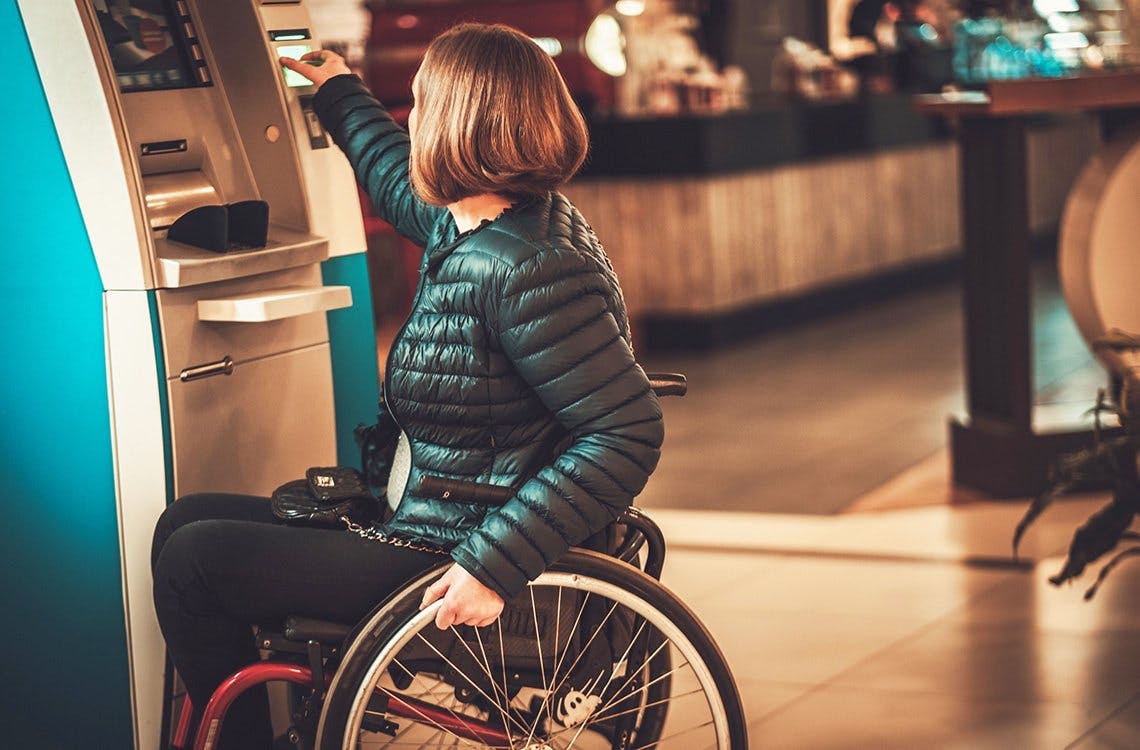
Charities Say Cash Matters in an Equal Society
Charities are warning that cash is integral to protecting vulnerable people, tackling financial inclusion and promoting social equality as some UK businesses now insist on cashless payments.
Cash empowers indiscriminately, allowing anyone to budget, spend and save regardless of income, physical ability or living situation. While many people can choose between paying cash or using cashless alternatives, there are those for whom the latter are not an option, and businesses that refuse to accept cash are closing their doors to these individuals.
Those in poverty are likely to be hardest hit by cashlessness. With Cambridge, UK seeing one of the highest increases in contactless transactions last year and cash machines disappearing across the nation, Cambridgeshire Live recently explored the impact on its underprivileged citizens. They spoke to Lee Welham, a vendor of The Big Issue: a street newspaper sold by the homeless.
Cash is important. Cafes I used to spend change buying tea have recently turned me away. Just before March lockdown, we couldn’t spend the cash we got in the last few days. You have to put it in your bank account first.
Beth Thomas, Head of Partnerships and Programmes at The Big Issue, explains the barriers for people to pay with a method other than cash, such as requiring a ‘care of’ address if you do not have your own, one or more forms of identification and likely a certain amount of money to begin to process of opening an account.
There are two million people who rely on being able to access cash in the UK. A lot of these are the most vulnerable, such as those with disabilities, the elderly, people who tend to experience poverty.
Beyond the struggles of setting up an account, there are the ongoing issues of accessing and managing it. According to the Joseph Rowntree Foundation, there are four million people with disabilities living in poverty in the UK. The Office of National Statistics adds that disabled people made up over 50 percent of non-internet users in 2019 across all age groups. These are people for whom owning a smartphone and having internet access simply cannot be taken for granted.
Beth Thomas says cashlessness creates a technological divide. ‘From online shopping to cashless transport and banks becoming online-only, it widens the gap between the “haves and have nots”.’
The UK has taken steps to address these issues. Rishi Sunak’s March 2020 budget is committed to protecting cash, and the UK’s Community Access to Cash pilot schemes got under way in January 2021. Developed by an independent board of banks, retailer and consumer groups, these are finding new ways to provide cash to underbanked communities, putting payment choice back into local hands and boosting local economies.
